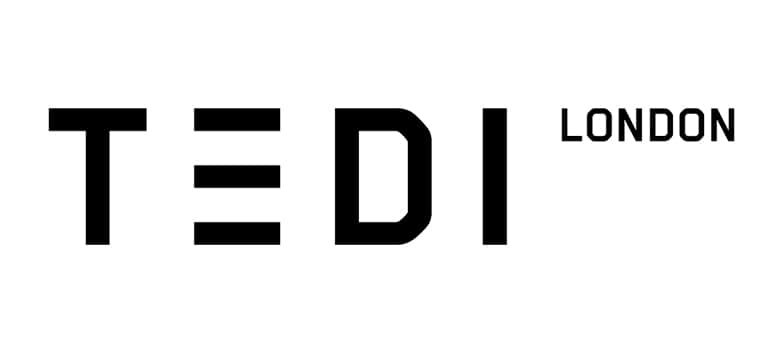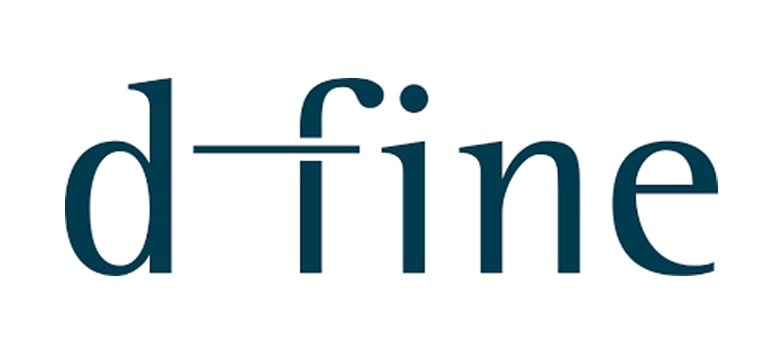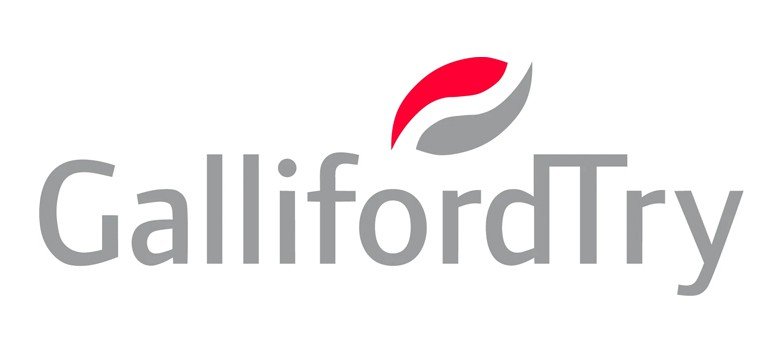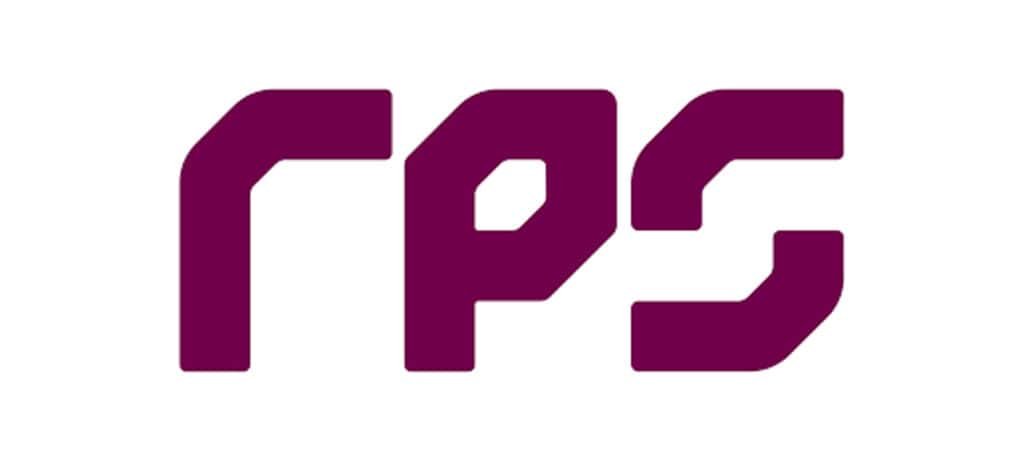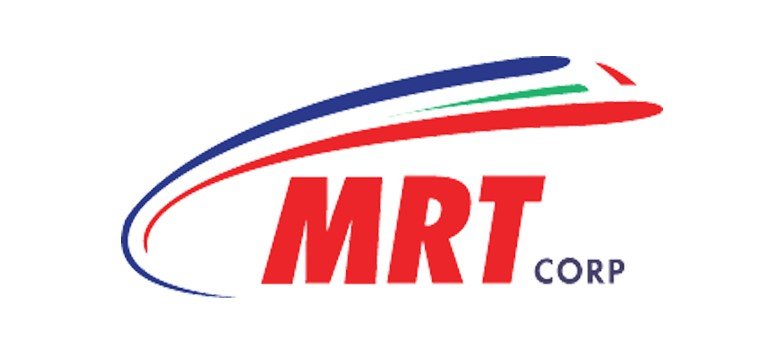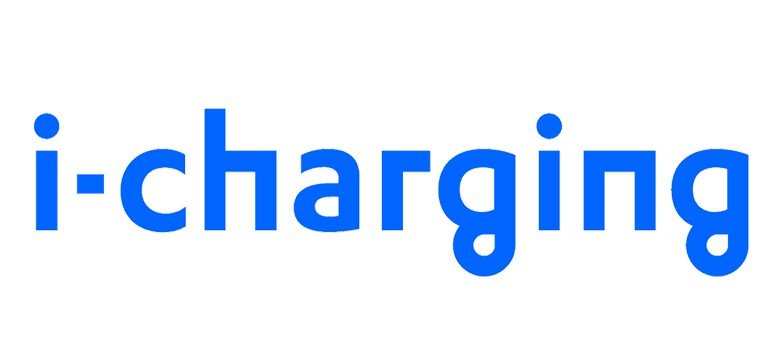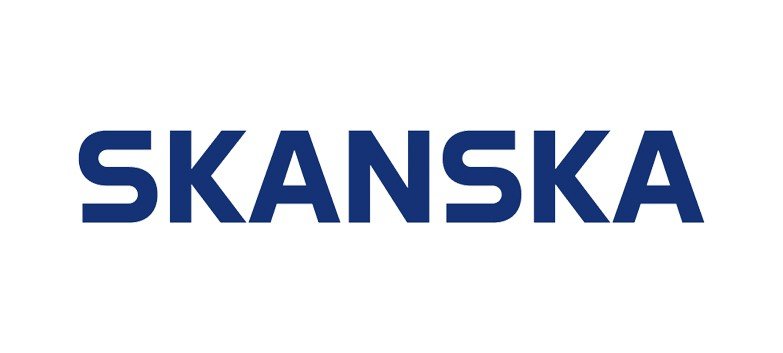Skanska is a multinational construction company, which has its headquarters in Stockholm, Sweden. Among the world’s largest construction companies, Skanska has worked on numerous iconic projects, including the international Øresund Bridge connecting Sweden with Denmark, Barts Hospital and 30 St Mary Axe in London, the United Nations headquarters, the World Trade Center and the MetLife Stadium in the US.
Founded in Malmö in 1887 as Aktiebolaget Skånska Cementgjuteriet by Rudolf Fredrik Berg, Skanska has grown from a national player in the concrete manufacturing sector to a major international construction company with more than 30,000 employees that operates across select markets in the Nordics, Europe and the USA. Skanska’s first international contract was to build hollow concrete blocks for telephone cables in the UK in 1897, and in 2000 it acquired the UK construction arm of Kværner (formerly Trafalgar House). In 2003, Skanska completed the now iconic 30 St Mary Axe project (The Gherkin) and in 2010, the company was awarded the first of seven Crossrail projects. A year later, The Sunday Times labelled Skanska the greenest company in the UK.
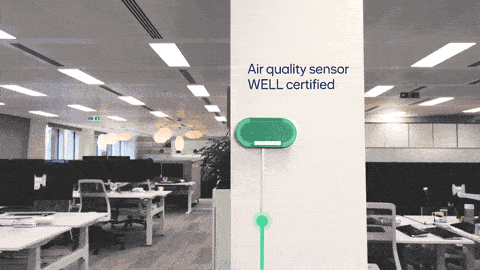
In the UK, Skanska provides a range of construction services across a number of sectors, including commercial property, infrastructure and defence. The company is an industry leader in piling and foundations. It also provides a wide variety of facilities management services and has significant in-house mechanical and electrical expertise. Skanska has harnessed that expertise to develop an intelligent building solution, called Intellekt. This is designed to enable customers to optimise their buildings, cut carbon emissions, reduce energy usage and improve productivity.
“This commitment to sustainability manifests itself in Skanska’s drive to create transformative methods of construction for a climate-smart built environment, and to be net-zero on all projects by 2045”
Skanska is a values-led company that is committed to making a positive impact on society – its purpose is to build for a better society. Through its values, four key principles underpin Skanska’s work. The first is to protect both people’s health, safety and wellbeing as well as the environment. The second is that Skanska should act ethically and transparently at all times. This complements its collaborative approach, where it champions an inclusive culture and uses the diversity within its teams, customers and local communities to deliver the best solutions. Most importantly, Skanska has a customer-first mindset, which means listening to project partners, understanding their needs and looking ahead to create smarter and more sustainable solutions.
This commitment to sustainability manifests itself in Skanska’s drive to create transformative methods of construction for a climate-smart built environment, and to be net-zero on all projects by 2045. Skanska has set out a series of steps to achieve this vision. By 2030, half of the steel it uses will be procured from responsible steel certified manufacturers or be from sites with science-based carbon reduction targets. Also by 2030, fifty per cent of the concrete it uses will meet the ConcreteZero Low Embodied Carbon Concrete Threshold. Other steps include ensuring that 60 per cent of company cars are full-battery electric vehicles by 2024 and by 2028 it will only order zero-emissions cars. With the construction industry accounting for around 40 per cent of all energy-related carbon emissions globally, such visionary thinking is necessary for us to tackle the climate crisis in the coming decades.
